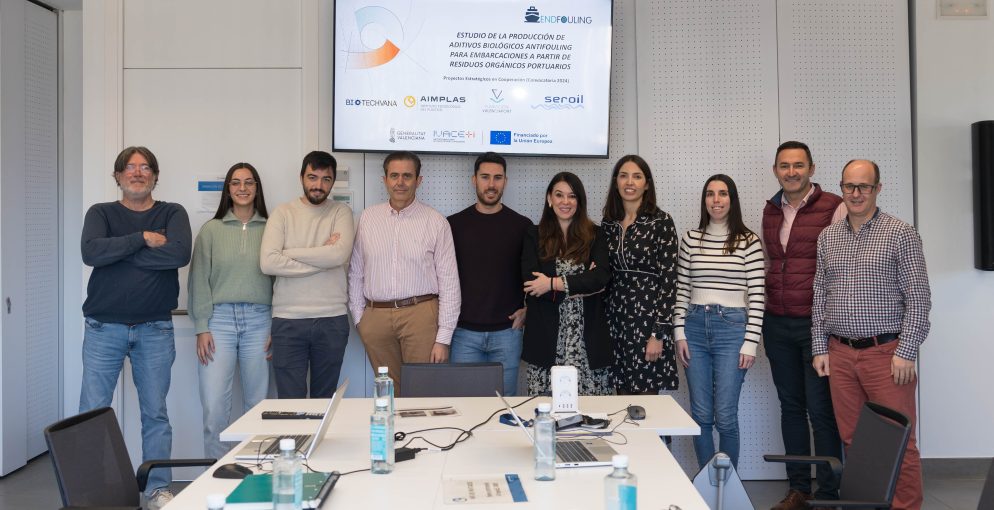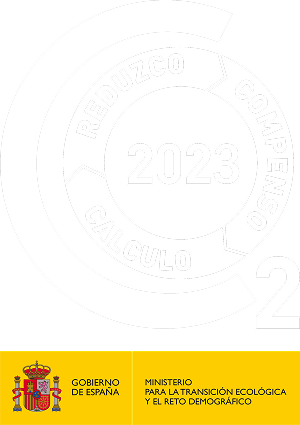- ENDFOULING will study the design of a bio-based additive with antifouling capacity which will slow down the growth of marine organisms in the hulls of ships.
- The initiative, in which the Fundación Valenciaport participates, has a budget of more than 600,000 €, co-financed by the Valencian Institute of Competitiveness and Innovation (IVACE+i).
Valencia, December 4, 2024. – Last Thursday was held in Paterna, Valencia, the kick-off meeting of the circular economy project ENDFOULING, ‘Study of the production of biological antifouling additives for ships from port organic waste’.
The initiative, led by Biotechvana and in which participates Fundación Valenciaport, together with Seroil and AIMPLAS, has a budget of more than 600,000 Euros, co-financed by the Instituto Valenciano de Competitividad e Innovación (IVACE+i).
The main objective of ENDFOULING is to bring the circular economy closer to the port environment through the analysis and valorization of the waste generated in the ports, in order to obtain high added-value products which can be applied in the same sector.
The project will focus, on the one hand, on the study and research of the valorization of the starting waste and, on the other hand, on the resulting product; a bio-based additive with antifouling or antifouling capacity, improved through artificial intelligence techniques and enzyme design.
The antifouling additive will be applied to the living part of the ship, i.e., the submerged part, with the objective of slowing the growth of marine organisms that adhere over time to the hull.
Some of the benefits of antifouling include acting as a barrier against corrosion on hulls, improving the speed and performance of vessels, and saving fuel in the long term.
Role of Fundación Valenciaport
The Fundación Valenciaport will lead the validation of the prototype in a real environment, in addition to the analysis of the waste streams that could be used in the design of the antifouling material, including the flow of conventional organic waste generated or received in the Port of Valencia and the waste attached to the vessels, which is the target for the elimination of this project.
On the other hand, the Foundation will study the logistics of collection, characterization and storage for its use within the port patterns and will disseminate the results generated in the project among the companies and institutions of the maritime port cluster of Valencia and Sagunto, and, in particular, to the shipping operating companies end users of the technology.


